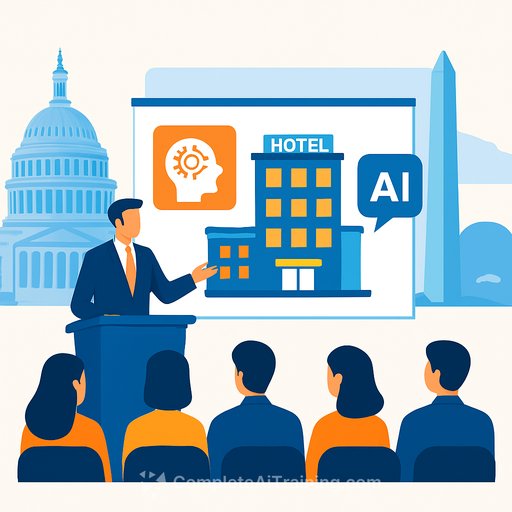From Room Distinctions to Revenue Engines: Rethinking Hotel Sales for the AI-First Era
The hotel industry's traditional approach to room categorization is quietly eating away at revenue and guest satisfaction. What used to be accepted practice now limits pricing power and erodes individuality. It's time to rethink how hotels sell their rooms in a market transformed by technology and changing consumer expectations.
Historically, hotels grouped rooms into a few broad categories—Standard, Deluxe, Superior—and priced them accordingly. This model suited past distribution methods but turned hotels into commodities on online travel agencies (OTAs), where price dominates consumer choice. Over 70% of travelers reportedly pick rooms based on price first when browsing OTAs. This approach sacrifices the unique experiences hotels can offer, reducing guest options to a lowest-common-denominator product.
Veteran hoteliers recall a time when bookings were made personally—by phone or email—through salespeople who matched guests with rooms based on nuanced preferences. Technology simplified this into fewer categories with standardized descriptions to make distribution manageable, but at the cost of personalization and flexibility.
The real issue isn't just lost revenue; it's lost trust and loyalty. Guests often complain about noisy rooms, poor views, or cramped spaces, yet the perfect room for their needs might be sitting empty nearby. Distribution systems don't let hotels showcase or sell these unique offerings effectively.
Stop Letting Middlemen Define Your Sales Strategy
Modern technology—like large language models (LLMs), REST APIs, and advanced connectivity standards—allows hotels to move beyond rigid categories. With Dynamic Inventory, hotels can create multiple sellable products from the same physical room, each tailored to different guest preferences.
Instead of “Standard” or “Deluxe,” products might be named “High Floor Walk-in Shower” or “Susanne’s Favorite Room (for View Lovers).” These guest-focused labels highlight benefits, not just features, making it easier for travelers to find exactly what suits them.
Why This Is More Than Attribute-Based Selling
Attribute-based selling, which charges extra for features like balconies or views, has been around but never took off fully because distribution systems weren’t built to support it. It often results in inconsistent guest experiences when a feature isn’t guaranteed due to operational mismatches.
Dynamic Inventory packages features into distinct, ready-to-book products rather than adding them as extras. For example, a balcony isn’t just an add-on; it becomes “Sunset View for Wine Lovers.” This approach ensures guests get what they expect and staff avoid unnecessary complications, increasing satisfaction.
Research backs this shift: 68% of travelers now prioritize personalized experiences over traditional loyalty points, with younger and affluent travelers showing even stronger preferences. This change in consumer demand calls for new ways to present and sell hotel rooms.
More Operational Flexibility, Not Less
Some fear that creating many detailed products will reduce flexibility and complicate room assignments. Dynamic Inventory does the opposite. It lets the same room be sold under multiple product options, each targeting different guest needs. When a room is booked under one product, it’s automatically removed from others, keeping availability accurate.
This creates multiple paths to sell the same space without increasing inventory complexity. Guests only see bookable products, and operators maintain control and ease of management.
Real Results from Dynamic Inventory
- Over 20% revenue increase on direct channels through smarter product design and pricing
- Significant shift toward direct bookings, reducing OTA dependency
- Double the conversion rates compared to traditional category selling
- More than 30% improvement in guest satisfaction scores
The future of hotel room sales lies in creating real products that guests want and matching them dynamically to the right room at the right price. Moving away from outdated categories opens new revenue streams, improves guest experiences, and strengthens hotel individuality.
For hospitality professionals interested in learning how AI and dynamic inventory strategies can reshape hotel sales, exploring specialized AI courses for hospitality can provide actionable insights and skills.
Your membership also unlocks:






